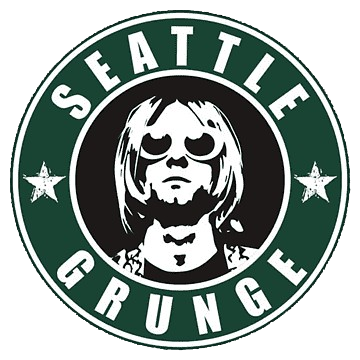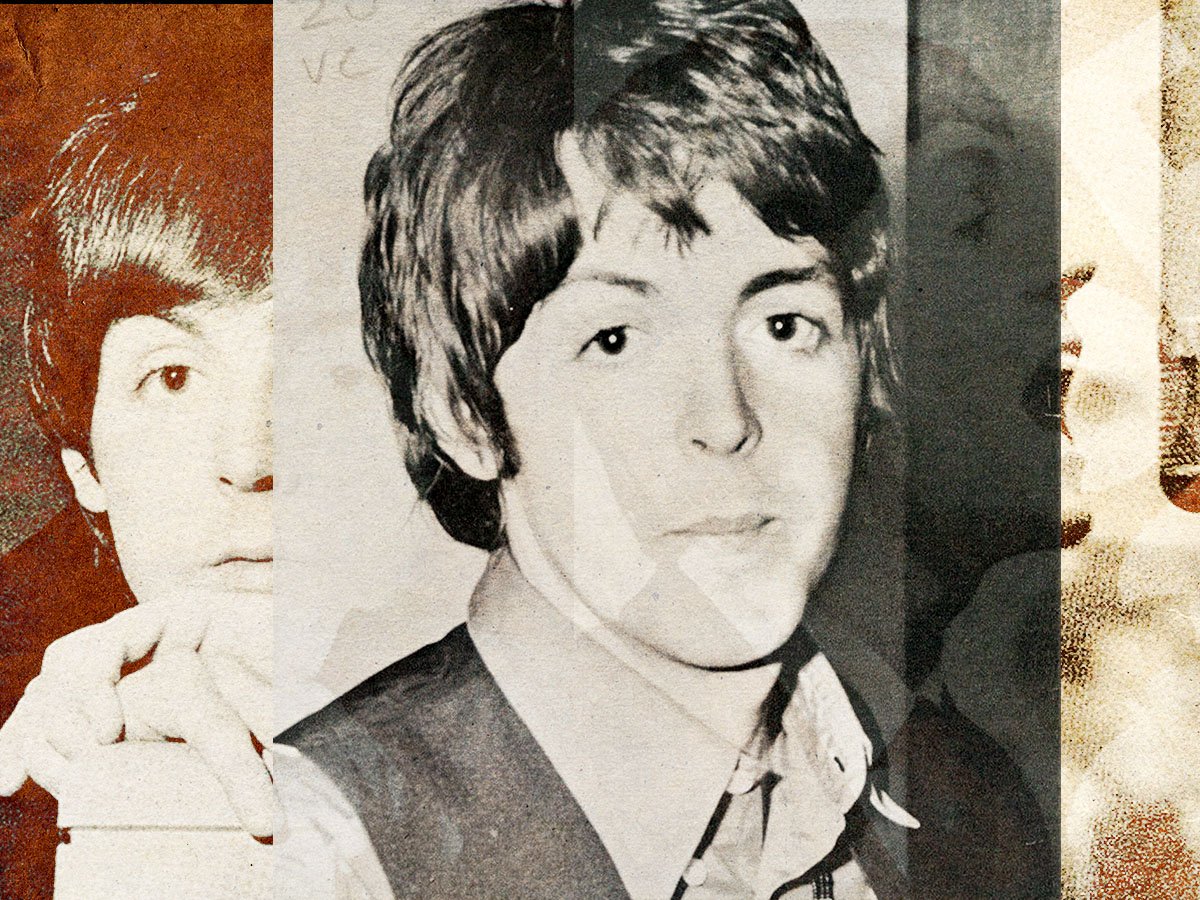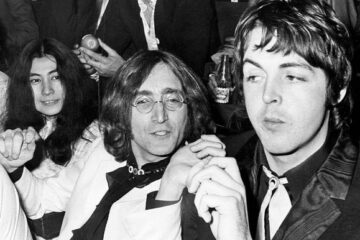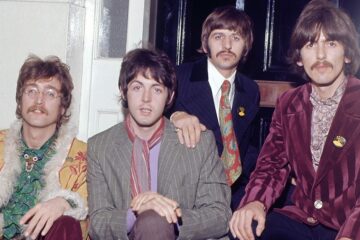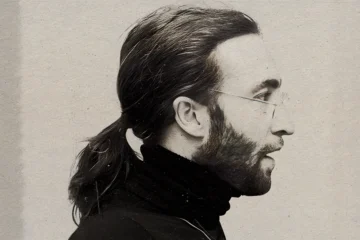We often become so engrossed in the lives of influential musicians that we forget they are, first and foremost, human. This can feel astonishing, given fans’ parasocial tendencies to elevate artists to mythical status. Even Keith Richards—a man with so many brushes with death that he seems almost otherworldly—is, in fact, mortal. The same applies to his friends in The Beatles. While John Lennon, Paul McCartney, and the rest of the band undeniably changed the world, they were just as complex and flawed as anyone else.
This deeply human nature is what braced much of The Beatles’ brilliance. In their early years, they might have tried to emulate the simplistic but energetic rock ‘n’ roll of the genre’s American pioneers, such as Chuck Berry and Little Richard, two artists who were undoubtedly essential in the operation getting off the ground. However, thanks to the influence of Bob Dylan, who, despite being a folkie, was writing the most important and affecting music of the early 1960s, things changed markedly. While a dab hand on the guitar, it was his words that captured the hearts and minds of listeners and made the young Minnesotan ‘The Voice of a Generation’.
Dylan had a consequential impact on the Fab Four in many ways, including kicking off their route to experimental, culture-shifting glory by introducing them to the creative power of marijuana and, more directly, with his folk sound coursing throughout the band’s 1965 weed album, Rubber Soul. Arguably, though, the example he set with his earnest lyrics was the most vital for their arc.
With Lennon and McCartney both enduring indescribable hardships in their mother’s deaths when young, this songwriting angle allowed them to express themselves, and as they came to terms with this approach, use it as a vehicle to explore other deeply human themes, as both, despite, individual complexities, were what we call empaths today.
One song where this compassionate essence really shone through is ‘Hey Jude’, one of McCartney’s defining songs for The Beatles. A non-album single released in August 1968, it was composed during a period of particular unrest for the band, wherein Lennon had left his wife, Cynthia, for Yoko Ono. McCartney, as any good friend would, wrote the song for Lennon’s young son, Julian, as a slice of encouragement to get him through his parents’ very public divorce. In the track, which was initially titled, ‘Hey Jules’, he delivers positivity and suggests that the boy tries his best to turn a sad situation into a happy one. It’s a specific moment, but it has a universal meaning.
From the lyrics to the music, which bursts into the optimistic “Na-na-na na” coda at the end, ‘Hey Jude’ is a track that does the work for the listener, with its authentic themes and messaging resonant far beyond the limits of the era it was released. Yet, in another demonstration of his humanity, McCartney once revealed that he was “worried stiff” that the song was awful when they released it.
In April 1970, as The Beatles had ended and McCartney geared up to release his self-titled solo debut, he spoke to Rolling Stone. During the discussion, he was asked if his new record would have any ballads in the vein of ‘Hey Jude’ or ‘Let It Be’.
“Yeah, I think so,” he responded. “I can never tell.”
He then outlined why he was nervous to release ‘Hey Jude’, as he simply couldn’t decide if it was strong enough. “I was worried stiff when ‘Hey Jude’ came out just in case it wasn’t any good,” he explained. “I wasn’t sure if it was any good. I can never tell. But I know that on this record there are some great tracks.”
It might be remarkable for the everyday listener, but even great songwriters have moments where they are not fully confident in their abilities. The Beatles were masters at this, and over the years, the members would cast doubt on many of their best tracks.
